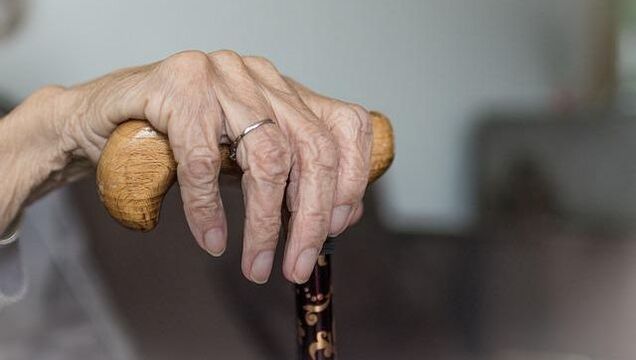|
As your body ages, you notice a series of changes that impact your way of living and general well-being. Basically, even if you still feel like you are 20 years old in your mind, your achy joints and lack of stamina manage to bring you back to reality. But old age doesn’t have to be a sad period of your life. While things will change and you won’t be as fit as you used to be, you can still improve your current condition. And where you can’t, it helps to understand and accept the situation. Let’s take sleep as an example. Nowadays, sleep disorders caused by low-quality sleep are quite common among adults and even young people. The constant exposure to news, social media, and various devices equipped with a screen that emits blue light is disruptive to sleep patterns, which leads to a wave of health issues. However, even if you had a healthy sleep pattern during your early and middle adulthood, the situation may be different in your golden years. Moving forward, we’ll have a look at some of the most common changes in sleep patterns that occur with age so you can recognize and understand them. Changes in the Circadian RhythmOur sleep patterns are regulated by our body’s circadian rhythm, which is unique for every individual. That’s why some people are early risers while others are night owls, for instance. Now, the circadian rhythm is directed by various hormones designed to tell you when to sleep and when to wake up. As you get older, the production of hormones decreases or changes due to cellular deterioration. As a result, your sleep patterns change, and you may find yourself sleeping less or needing to take longer naps during the day. Plus, if you don’t take enough walks in nature and don’t expose yourself to natural daylight (research shows many older people don’t), your circadian rhythm will suffer. Therefore, both a drop in hormone production and less exposure to daylight can lead to a reduction in sleep quantity and quality. You Feel TiredWaking up tired and no energy throughout the day can also be a symptom of old age. However, it’s important to make sure there aren’t other causes such as:
Your Health ConditionLet’s be honest - everyone can sleep well when they are healthy! However, as you get older, chances are you’ll get diagnosed with at least two or more health conditions that will block the possibility of peaceful sleep. Plus, you may also experience side effects from the medication your doctor prescribes for your health conditions. In many cases, medications such as corticosteroids and antidepressants are known to cause insomnia while opiates tend to cause daytime drowsiness. Also, if you are on multiple medications, the interactions can also impact your sleep patterns. Wrap UpMedications, changes in hormonal production, and an overall lack of physical activity are some of the most common causes of low-quality sleep in older adults. Still, there are a few things you can do to overcome some of these scenarios.
For instance, you can practice meditation sessions right before going to bed to help the body relax and invite sleep into your world. Also, light physical activity is crucial for aging gracefully, and don’t be afraid to take walks in the sunlight when possible.
0 Comments
Your comment will be posted after it is approved.
Leave a Reply. |
Archives
July 2024
Categories
All
|
Employment Resources |
Creating Income |
Most Read Pages |
Resources/Info |
|
Copyright 2022 by Retired Brains
|
Disclaimer: We do our best to ensure the information on RetiredBrains.com is accurate and updated at all times; however, we are unable to guarantee the accuracy of all information. We make every attempt to keep the content up to date and factual. For the most current and complete product/service details please verify with the merchant, product, issuer, or service directly via their website or during the buying or application process. Please be aware that RetiredBrains may have a financial relationship with some of the sites included on our Website. RetiredBrains.com may receive compensation if users choose to click on the links located on certain pages of this website and sales and/or leads are generated. If legal advice or other expert assistance is required, the services of competent professional persons should be sought.


 RSS Feed
RSS Feed